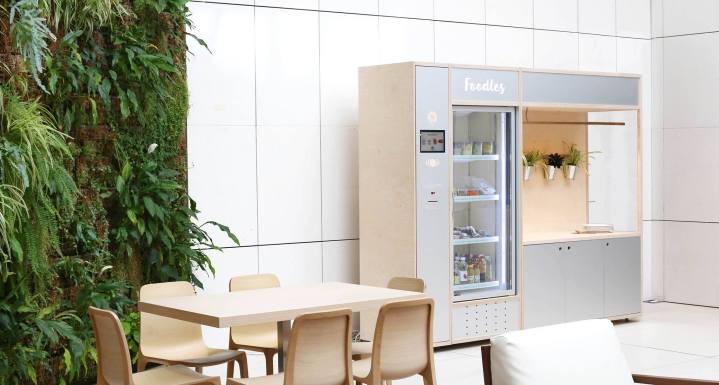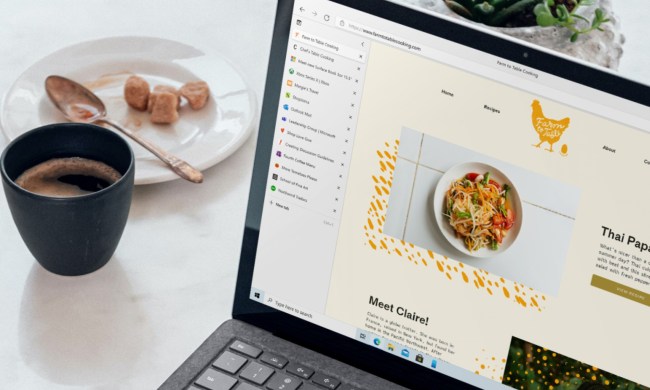
Lunch delivery startups in the European country have already done quite well for themselves. In 2016, Nestor raised $1 million to bring food directly to office workers in Paris and other similar startups abound. But the idea behind Foodles is to have lunch already available at the office. While it won’t be free, it will be cheaper and more convenient than other options might be.
As it stands, a number of smaller French companies give employees meal vouchers in order to subsidize lunch. While this is great for the employee, it is not so great for cash-strapped startups. But that is where Foodles comes in. The company will charge $3,400 a month to have its smart fridge in French offices and additional fridges will set companies back $900 each. The fact that it’s a refrigerator allows companies to stock actual meals instead of just snacks, and its connected properties allow Foodles to keep the company abreast of inventory and employee preferences.
While thousands of dollars might be a hefty upfront investment, Foodles will then come every day to fill up the fridge with dozens of meals at a time. Options change every week, and the company even has daily specials and vegetarian options that can be ordered ahead. Employees will be charged less than $6 to eat from the Foodles fridge. Options include things like pasta, quiche, and of course, dessert.
Thus far, Foodles has managed to raise $2.3 million in funding and is working with a dozen or so companies. While at present, it is only operational in the Paris area, it certainly seems as though there is an opportunity for the startup to go a bit further, at least in France. Of course, such a venture may see less adoption in the tech hubs of U.S., where free lunch is almost an expected part of the job, but hey — we can’t all be so lucky.


